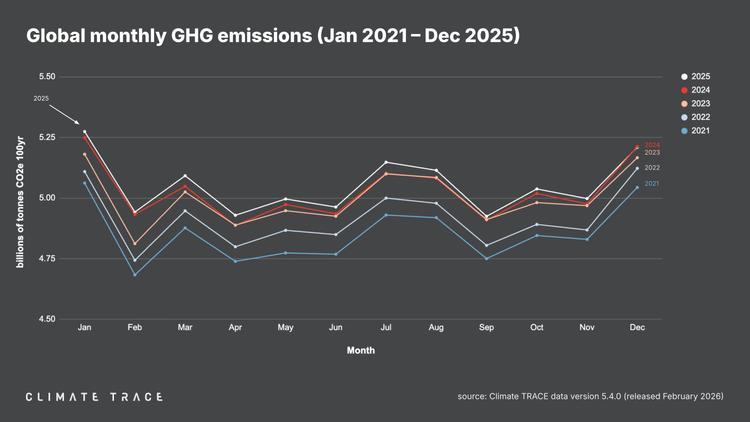Global temperatures increasingly likely to rise beyond 1.5ºC
"Unfortunately, this WMO report provides no sign of respite over the coming years."

A new report by the World Meteorological Organisation (WMO) gives global temperatures a 70% chance of rising by more than 1.5ºC over the 2025-2029 period.
The likelihood of more than 1.5ºC warming has more than doubled over the last two years: WMO placed it at 32% for the 2023-2027 period, and 47% for the 2024-2028 period.







